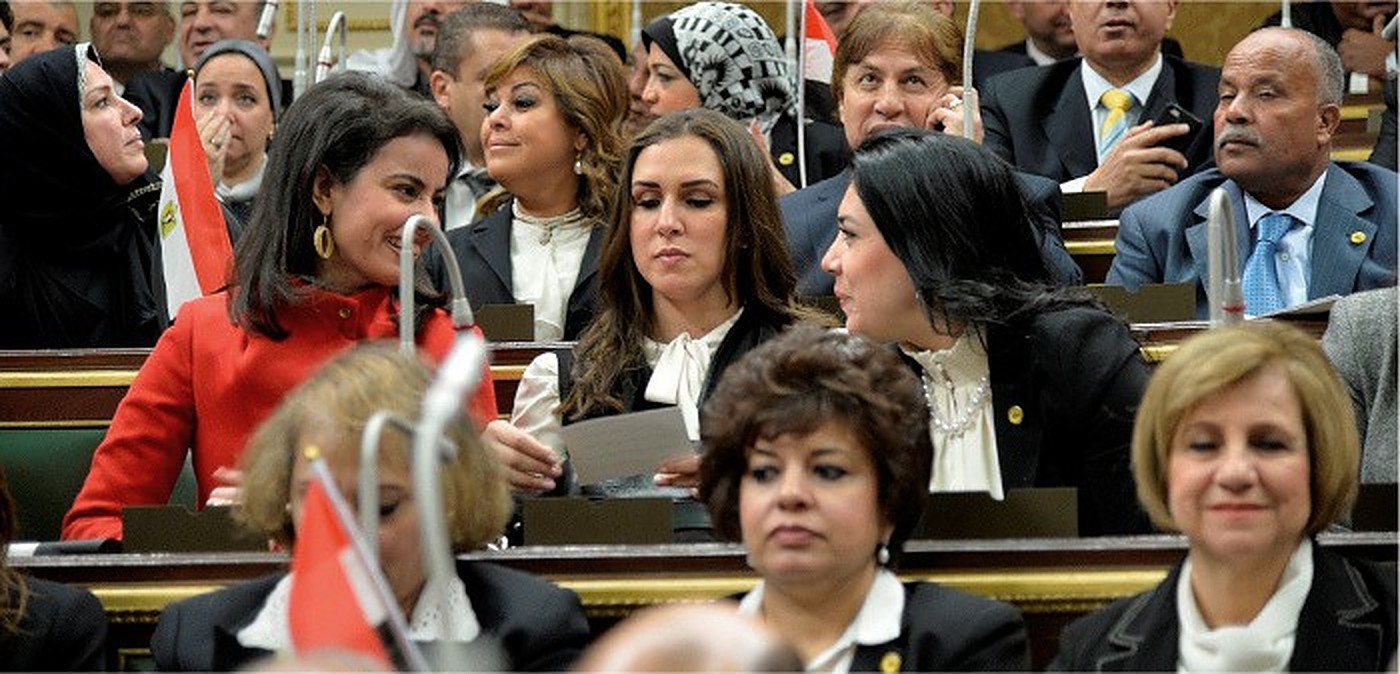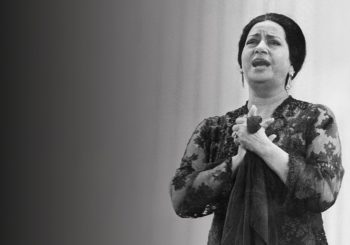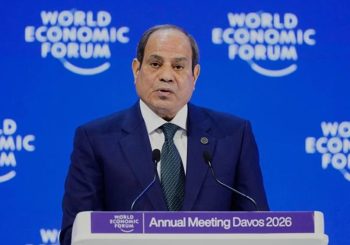The Egyptian Centre for Women’s Rights (ECWR) launched the first lecture of the online training course under the title “Local Councils: Definition and Role”, which comes as part of a series of online training by ECWR to enhance the capabilities of women and young female leaders to participate effectively in local councils.
This lecture addresses the definition of local councils and its role, the role of the parliament as well as the differences between each one in responsibilities and legal framework.
It includes interviews with experts in political work, election laws and local administration to discuss local councils and the legal framework governing them. It also presents the relevant articles in the constitution for work in local councils as well as an explanation of each article with its analysis.
The course “Political Participation and Local Councils” includes seven lectures to complete the training course, which will be concluded with a certificate from ECWR. To obtain the certificate, participants are required to communicate with ECWR via email and submit their details in the form to receive the training material and fill out the training and evaluation forms.
The series of online training comes within the framework of the project “Enhancing Women’s Capabilities for Effective Participation in Local Councils in Egypt” which is implemented by ECWR in partnership with the United Nations Democracy Fund.
The project seeks to create a network between the female leaders and civil society organizations in eight governorates targeted by the project.
Egyptian Women in Local Councils
For a long time, women’s representation in local government never exceeded more than ten percent, with only four percent of local seats won by women in the 2008 elections. The 2014 constitution established a 25 per cent quota for women in local councils, which provides space for at least 13,500 women across Egypt to partake in local development decision-making.
In 2017, Nadia Ahmed Abdou became the first woman to ever hold a governor post in Egypt as the governor of Beheira, followed by Manal Awad Mikhail in 2018 as the governor of Damietta.
However, according to a 2018 report by OECD and the National Council for Women, women continue to face challenges in understanding the political and the legal process.
Most citizens are also less aware of the political system operating at the local level, and lack understanding of how they can work with local councils.
Essentially, women’s political empowerment is significant in enhancing democratic governance, which ensures that women’s basic human rights are granted through allowing them to vote and express their opinion, and run for elected office.
Greater political participation by all representatives of society, as well as better understanding of political processes, is an important requirement in achieving better distribution of resources, enhancing equality and countering discrimination.







Comments (0)